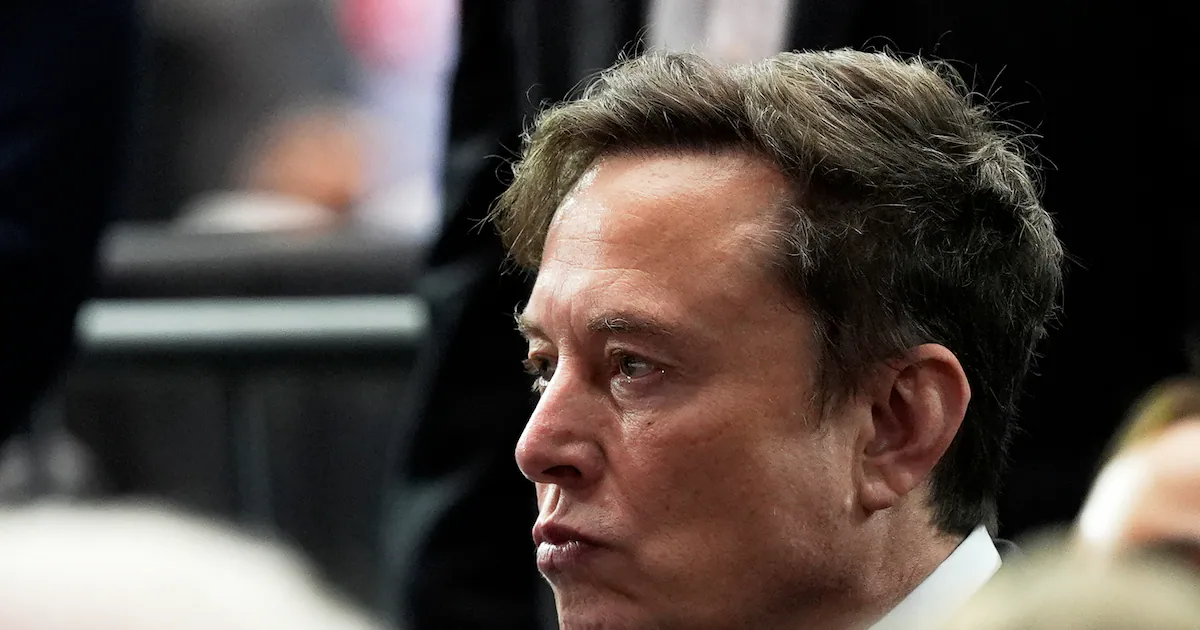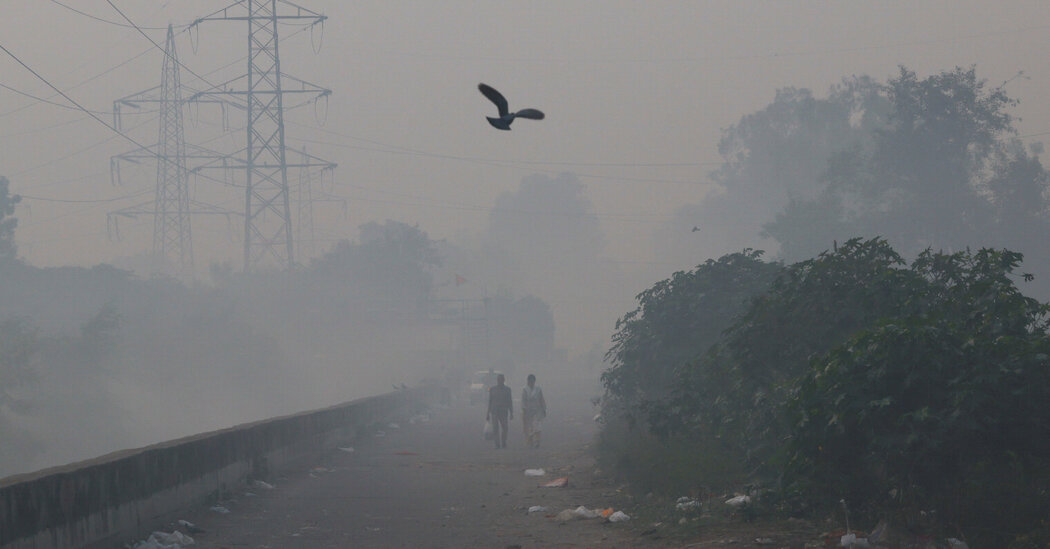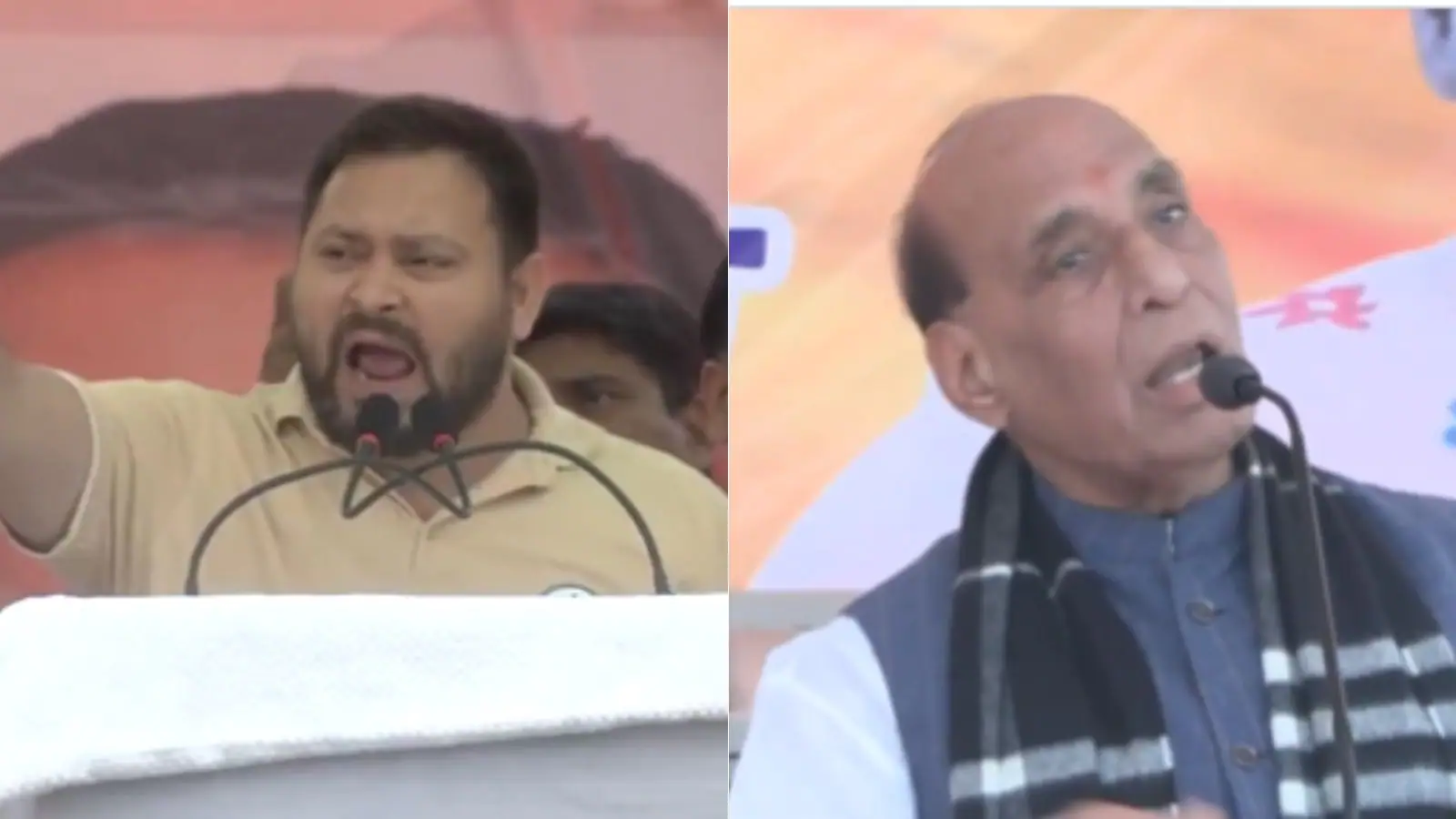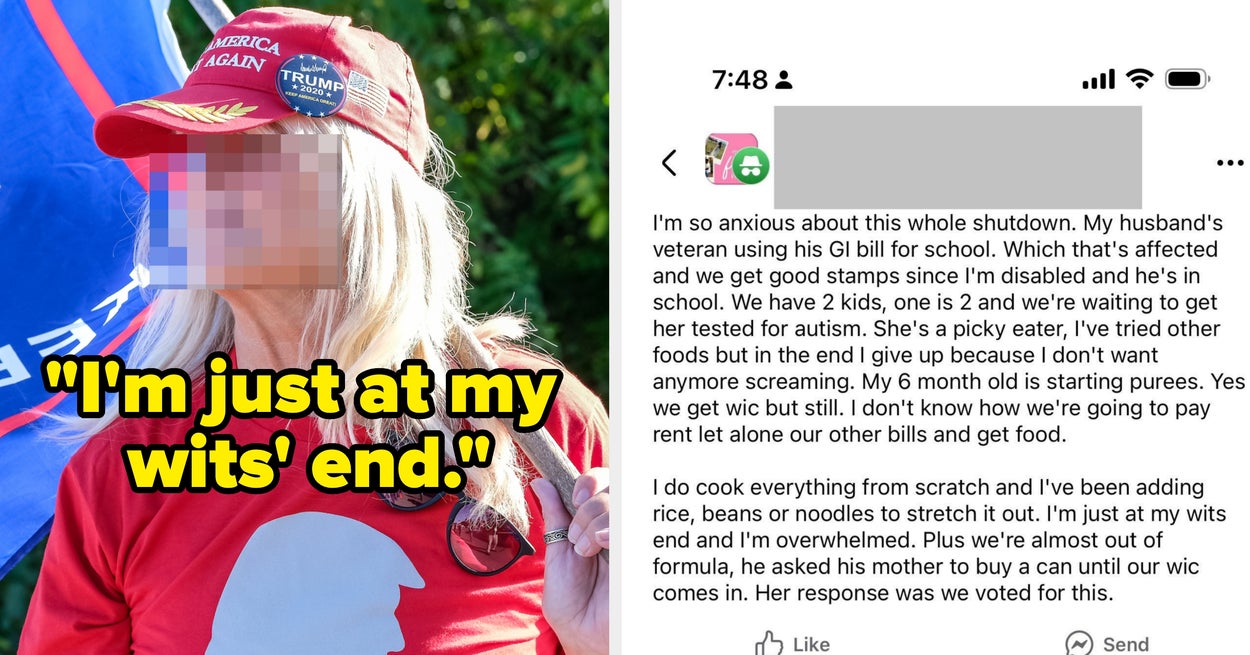Copyright Salon
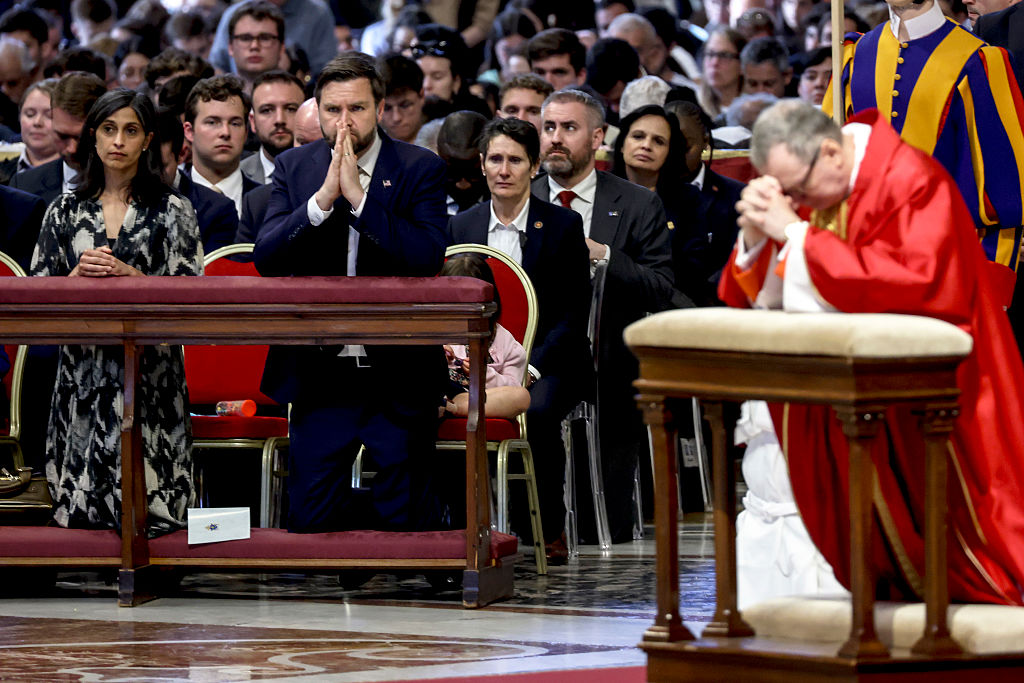
At a recent public event, Vice President JD Vance addressed his interfaith marriage, admitting he still “honestly … do wish” his wife, Usha Vance, would one day see Christianity as he does. Usha, an agnostic ethnic Hindu from an Indian-immigrant family, attends church services with him, and their children are being raised as Catholic Christians. [NOTE: The conversation about conversion begins about 11:30 and ends about 13:45, in the middle of a question about immigration.] For many in the American Hindu community, the comment read less like an intimate marital insight and more like a dismissal of Usha’s faith. The Hindu American Foundation (HAF) responded on social media, asking why Vance “didn’t engage with Hinduism too,” pointing to the faith’s pluralist tradition. Political context matters: Vance’s comment reflects the influence of American evangelical and Christian nationalist politics. His journey — from a nominal Protestant upbringing through atheism, to converting to Catholicism in 2019 — and frequent appeals to “Christian values” position him firmly with the GOP’s religious-right base. In this light, his remark about hoping his wife converts aligns with a worldview where Christian and political identity often overlap, reading as both personal hope and subtle voter signaling. Catholic perspectives add nuance: conversion is understood as a lifelong process, with debates around evangelism emphasizing persuasion over coercion and relationship-building over public pressure. U.S. Catholic leaders often distinguish this from Protestant and evangelical approaches, which can include more active outreach. The episode underscores the delicate intersections of faith, marriage and public life. For American Hindus, Vance’s comment symbolized concerns about the erasure or undervaluing of non-Christian traditions. For the broader public, it’s a reminder that interfaith marriages in politics are never just private. They’re also a cultural and ideological signal.
